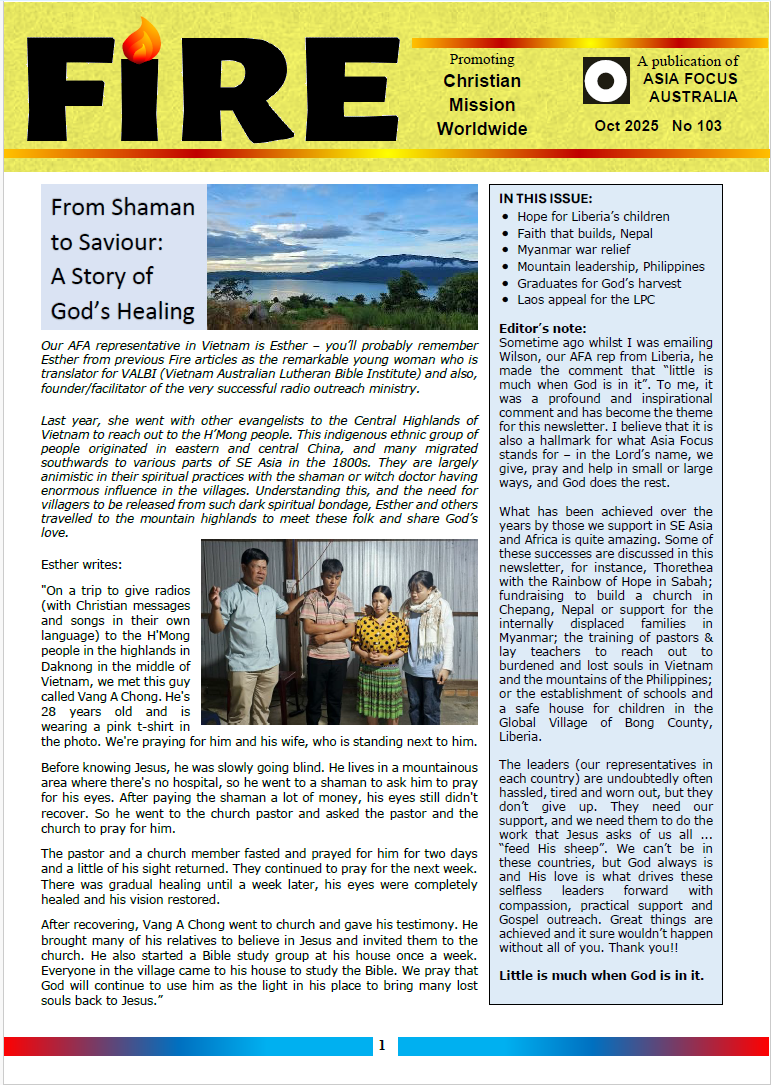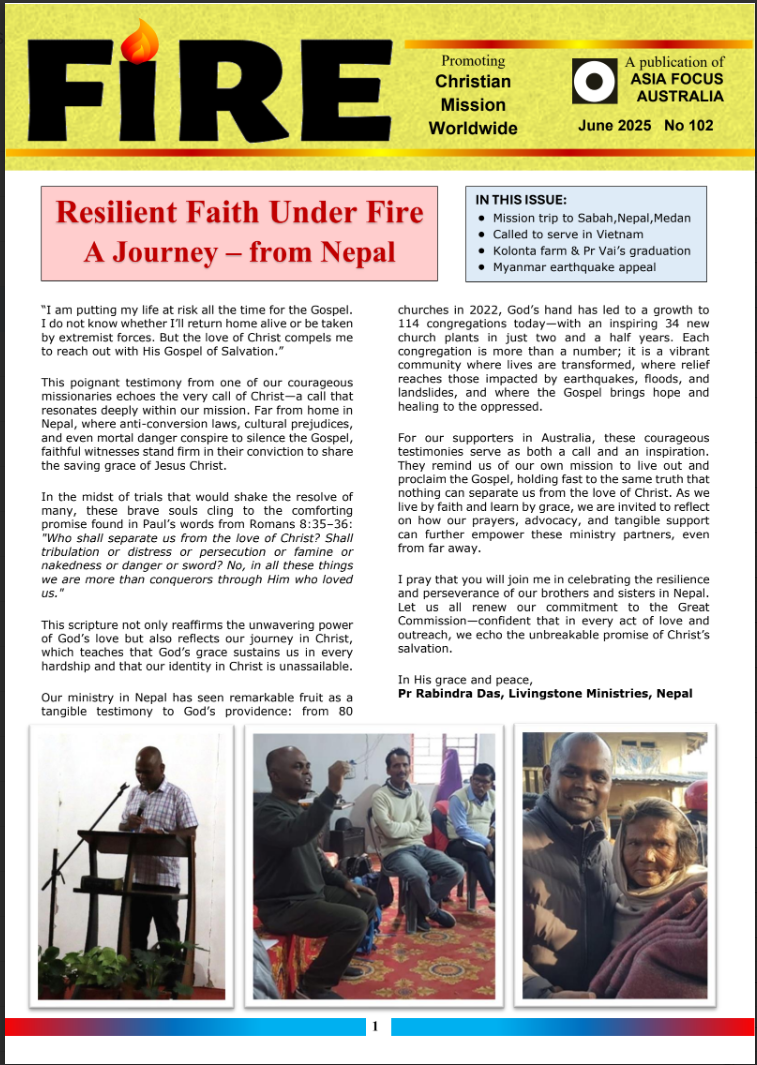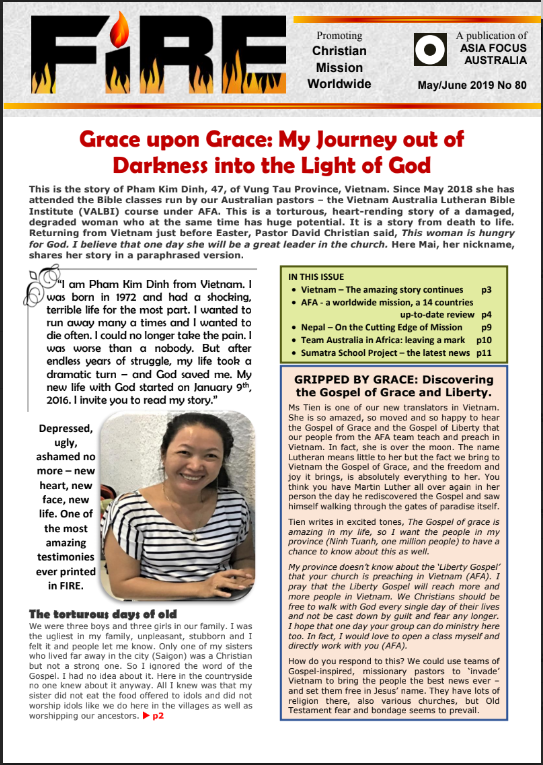Sponsored children at the Damadi Centre
MYANMAR - Some facts and Figures
The Republic of the Union of Myanmar, formerly Burma, is a southeast Asian nation of more than 100 ethnic groups bordering India, Bangladesh, China, Laos and Thailand. With a reputation once as the food bowl of Asia and the intellectual capital of southeast Asia it is now one of the poorest Asian nations. It is a land scattered with gilded pagodas, where the traditional ways of Asia endure and areas previously off limits are beginning to open up.
Myanmar has a population of approximately 55 million. Its former capital Yangon (Rangoon), the country’s largest city(pop.4.4m) is home to bustling markets, parks and lakes and the towering, gilded Shwedagon Pagoda which contains Buddhist relics dating back to the 6th century. The new capital of Naypyidaw (pop.1m), purpose built and occupied since 2005, consists largely of military personnel of the governing junta.
Myanmar consists of 14 provinces or 7 states representing 7 ethnic races and 7 divisions. All 7 states are more or less mountainous while the 7 divisions are mainly the plain areas. The Burman people make up 68% of the population, with the largest ethnic groups being Shan 9%, Karen 7%, Rakhine 4%,Chinese 3%, Mon 2%, Indian 2%, other 5%. The majority of the population are Theravada Buddhist 89%, Christians make up 4-6%, Islam 4% and the remainder Hindus and animists.
Although Christianity in Myanmar has a history dating back to the 18th century Myanmar is ranked as 25th country where Christians face persecution. A long standing ban on the free entry of missionaries and religious materials has persisted since 1948 and very few foreign humanitarian organizations have been allowed to establish their work in Myanmar. Religious freedom remains heavily constrained across the country.
Approximately 70% of the population live in rural areas and are largely dependent on their local village economy for survival; many are subsistence farmers. 32% of the population live under the poverty threshold. Life expectancy is considered short by western standards being average 63yrs for males and 67 for females. 70% of the population continue to live without electricity and it is unreliable for the remaining 30% of households who have access to it.
From 1962 to 2011, the country was ruled by a military junta that suppressed almost all dissents and wielded absolute power in the face of international condemnation and sanctions. The generals who ran the country stood accused of gross human rights abuses, including the forcible relocation of civilians and the widespread use of forced labour, including children.
The first general election in 20 years was held in 2010. This was hailed by the junta as an important step in the transition from military rule to a civilian democracy. A nominally civilian government led by President Thein Sein - who served as a general and then prime minister under the junta - was installed in March 2011. It continues to edge its way towards democracy with key elections to be held in November 2015.
Protestantism in Myanmar
Many ethnic groups have large minorities of Christians, like the Karen, Shan, Chin and many others. They are proud of their Christian Faith brought to them mostly from the 19th century on from England and America. Methodists, Baptists and Anglicans form the largest denominations. Many villages and whole regions became Christian. They are united in the Myanmar Council of Churches.
Four small but significant Lutheran Churches have sprung up also, for the most part more recently. However, Bethlehem Lutheran Church, Yangon, has a 150 year history and goes back to Lutheran Tamils from India settling in Mynamar. Other Lutheran Churches are Mara Protestant Church, the Lutheran Church of Myanmar (LCM) and the the Myanmar Lutheran Church (MLC). All these churches are members of the Lutheran World Federation (LWF).
AFA is chiefly supporting the the LCM and lately has also shown greater interest in the MLC and now gives this church some support as well. The differences are easily explained by the totally different ethnic groups (‘tribes’) they serve in different geographical areas.LCM is essentially a Mizo church. The highly literate Mizo people had come over from India to settle in the Tahan region not far from the Indian border. Culturally they are leaders. The MLC has as its core constituents a totally different kind of people in a remote region of Southern Chin State – the Kumi people in the mountains around Paletwa close to Bangladesh. These people have been exploited for centuries and, in part, are still animists living in villages that can only be reached by boat. There are no roads there, only tigers and the like. The MLC is a clearly growing church.
Asia Focus Action
Asia Focus began contact with Myanmar in 2007 following a request by the Lutheran Church of Myanmar. Its first project was the development of a sponsorship program for 20 children orphaned, abandoned or unwanted by their parents, who had been brought to Yangon to be cared for by the congregation in rented accommodation. It was known as Immanuel Children’s Home. Sponsors from Queensland and South Australia were quickly found and in 2008 the first Mission Trip to Myanmar occurred, followed by an annual Mission Trip each year since. Initially travel was extremely limited, curfews existed, military personnel were on street corners and no westerner was allowed in Burmese homes. In the years that followed a number of Bible Teaching trips were also made to Tahan (the centre of the Lutheran Church of Myanmar) in the northwest of the country where movement was even more restricted.
The Damadi Centre: With rented accommodation for the children being expensive and unstable and subject to the whims of local officials and neighbours it was decided by the South Australian AFA Group in 2011 that money needed to be raised to purchase land on which to build a permanent Home and Centre and also allow for small plot vegetable growing. The target cost was $40,000 for two blocks. With the escalation in land costs following the opening up of Myanmar to the West in 2012 only one block was able to be purchased at a cost of $60,000. However this was an amazing gift from the Lord with the generosity of His people and a wonderful answer to prayer. A Building Fund was then established to raise well over $100,000. In another answer to prayer and a gift from our generous Heavenly Father Damadi Centre was officially open with much celebration and thanksgiving in February 2015. It is hoped that this Centre will not only provide a home for the current children and young people but also be a community outreach centre for the gospel.
Tahan Agricultural Project: Money was raised through AFA to purchase land that could be used to support local families through the growing of crops. Currently this land is rented out for use by brick makers during the dry season and for the local church to use for rice growing during the wet season.
Asia Focus current projects
Lutheran Church of Myanmar (LCM) : Pastor Martin Lalthangliana
Damadi Centre – has $7500 still outstanding on the building costs. Ongoing sponsoring for up to 20 young people and vocational training costs for a number of Damadi young people together with equipment for use within the Centre.
3 HOPE Education Centres – These centres provide education and tutoring to local children and young people whose parents are not able to afford education or the additional tutoring required to ensure their children’s successful grades at school. They are a mission outreach to parents and children alike teaching the basics of Christian faith through song and word. English classes and nutrition are also taught. These Centres operate in:
1) Htuak Kyant a Burmese village in outer Yangon. This caters for approx. 40 children and is staffed by 3 part time teachers and a full time head teacher/evangelist.
2) Shan state in the village of Aung Tah Pyay. This currently has 10 kindergarten age children attending and is staffed by a local Shan Christian woman who also evangelises within the local village. A permanent property was purchased in 2013 by funds raised through AFA.
3) Bago in the Bago division north of Yangon – its planned that this newly established mission outreach centre will become a third HOPE Education centre targeting pre-school children.
Mission Outreach Centres – these have the specific aim of evangelising local Burmese Buddhist people through the provision of 1:1 relationships and church services. Each centre has an evangelist in place supported by AFA funding. These are located in:
1) Shwe Pyi Tar – the oldest outreach centre which also provides a kindergarten for local villagers run by the evangelists wife. This church was closed down by local officials for many months early last year before being allowed to reopen.
3) Bago – this was established last year with an evangelist and his family moving into the local area reaching out to encourage Christians and present the gospel to non Christians. Camps and Bible training are also provided.
) Taunggyi – in the Shan state. A newly established congregation with outreach to local Shan people in this large town, the capital of the Shan state.
Myanmar Lutheran Church (MLC)
MLC is also of recent origin and has a close relationship with the Lutheran Church of Malaysia. AFA presently support projects (a) River Bank Ministry in the remote Paletwa region, and (b) in the Yangon area two ministries - a new mission field in Tharsum, Shwe Pyi Thar Township and a children’s outreach ministry in Hmaw Bi Yownship. Furthermore AFA supports two students at the MLC’s LTBI in Yangon.
AFA also gave some aid in a sudden humanitarian emergency that developed in May 2015 when the Burmese Army clashed with the Arakan Revolutionary Army and drove out a few hundred villagers, some of them members of MLC.























Quiet faithfulness and life-changing compassion shape the February edition of FiRE. In Liberia, Martha’s journey from hardship to high-school graduation stands as a powerful reminder of what consistent love and practical care can achieve through the Asia Focus family.
From the dusty roads of Uganda, a mission team shares a “journey with a purpose,” refurbishing orphan homes, equipping widows, and encouraging isolated pastors longing for fellowship and training.
High in the cold mountains of northwest Vietnam, Esther recounts joy amid hardship as Bible-radios, food parcels and prayer bring the Gospel to H’Mong and other tribal communities—often reached only foot.
Also inside: hope after the devastating 7.7-magnitude Myanmar earthquake as the Lutheran Church of Myanmar delivers urgent relief to vulnerable families; inspiring disciple-making growth and the continued Chepang church build in Nepal; encouragement and scholarship needs from Sundermann Theological College in Nias, Indonesia; and baptisms in Thailand bringing freedom and new life in Christ.
Thank you for praying, giving and walking alongside these ministries as faith and love are put into action.